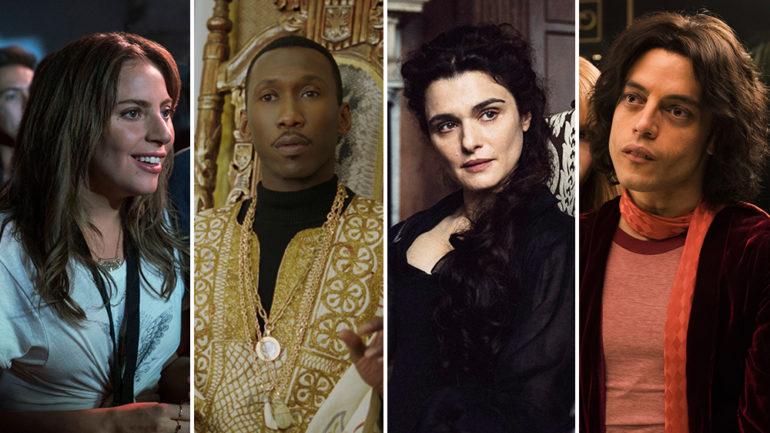Oscar Race Most LGBTQ-Inclusive in History, GLAAD Says
LOS ANGELES (Variety.com) – This year’s crop of Oscar-nominated films mark the highest number ever to represent LGBTQ stories, according to media watchdog .
Five of the eight best picture nominees are inclusive to queer communities, GLAAD found, including “,” “Green Book,” “The Favourite,,” “Vice” and “Bohemian Rhapsody.”
In Bradley Cooper’s “Star is Born,” gay icon Lady Gaga works drag bars in attempts at extending her faded dream of pop stardom, honored to be included among the “gay girls” performers; “” observes the intersectional black-queer identity of musician Don Shirley; “” follows a rare and compelling female love-and-power triangle; “Bohemian Rhapsody” follows the life and career of queer rock icon Freddie Mercury; and Mary Cheney’s sexuality factors heavily in the human and political drama of “Vice.”
“Today’s list of Oscar nominees reflect a banner year for LGBTQ inclusion in film and a signal that the Academy and its members are rightfully prioritizing diverse storytelling at a time when audiences and critics alike are calling for more,” GLAAD president and CEO Sarah Kate Ellis said. “The diversity across the full list of nominations should be celebrated and will no doubt lead to more inclusive, culture-changing films.”
The nominations follow two consecutive years where films telling queer stories have taken the best picture prize with “Moonlight” and “The Shape of Water.”
In addition to the best picture race, inclusive noms were also handed out in the form of an adapted screenplay nod to Barry Jenkins for “If Beale Street Could Talk,” based on the book by legendary gay author James Baldwin; screenwriter Jeff Whitty, for co-writing “Can You Ever Forgive Me?”with Nicole Holofcener; documentary filmmakers Rob Epstein and Jeffrey Friedman for Netflix short “End Game”; and composer/lyricist team Marc Shaiman and Scott Wittman for their original song “The Place Where Lost Things Go” from “Mary Poppins Returns” and Shaiman for the same original score.
The group documents the volume and tone of mainstream films representing queer people annually, in a report called the Studio Responsibility Index. It tracks the “quantity, quality, and diversity” of LGBTQ people in movies released by the seven largest studios and their subsidiaries during the calendar year. In 2017, it found an alarming drop in LGBTQ characters and representation — only 14 (12.8%) of them included characters that were LGBTQ, a decrease from the previous year’s report (18.4%, 23 out of 125). Not one of the 109 releases included a transgender character.

